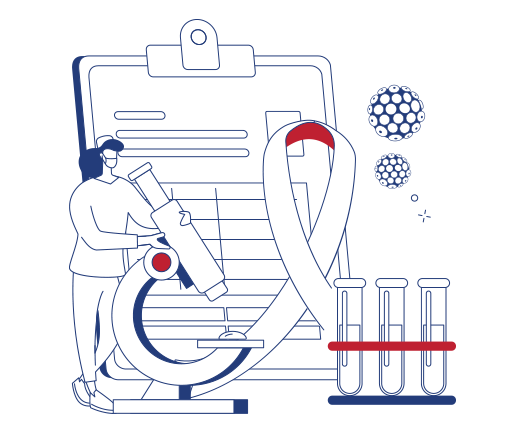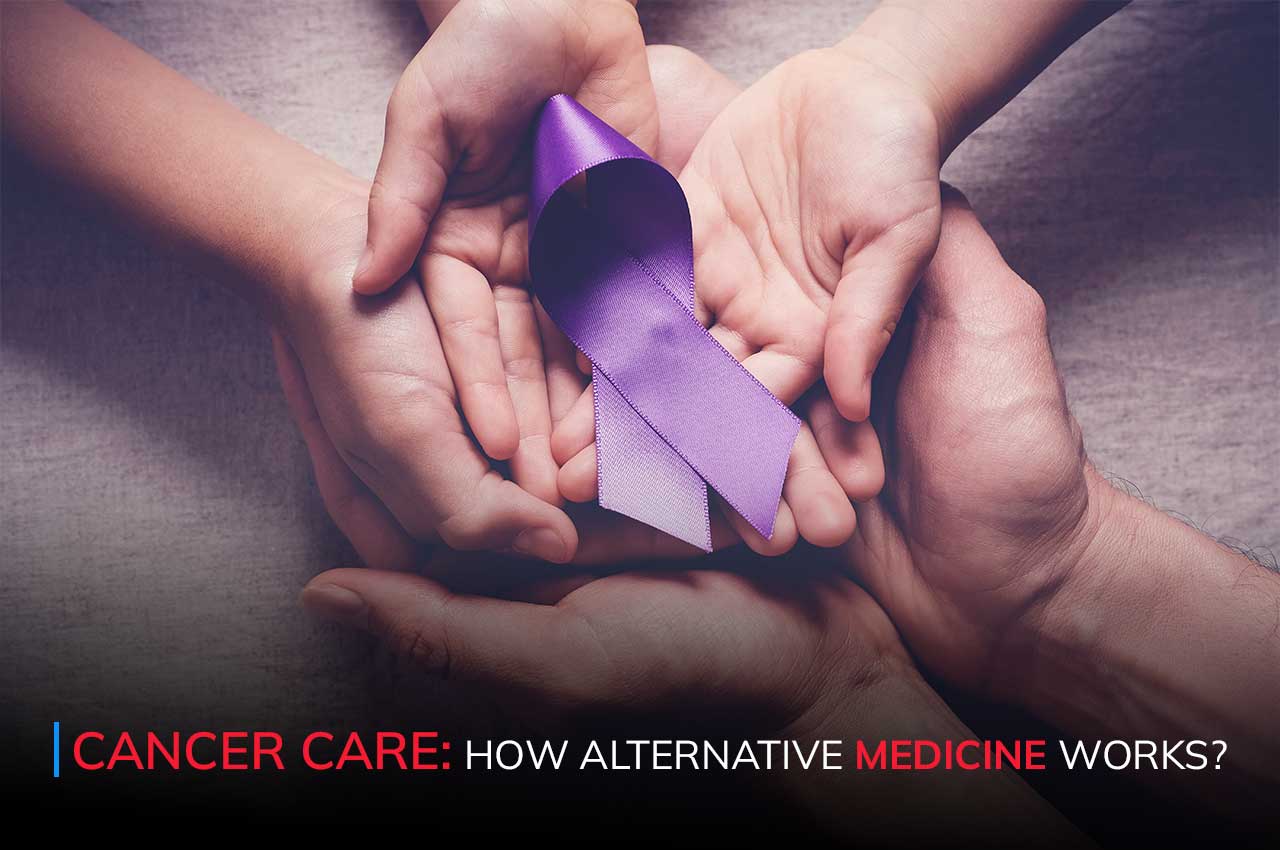


Cancer care has traditionally been dominated by conventional medical approaches such as surgery, chemotherapy, and radiation therapy. However, in recent years, there has been growing interest in alternative medicine as a complementary or adjunctive therapy for cancer treatment. While alternative medicine encompasses a wide range of practices, from herbal remedies to acupuncture, understanding how these modalities work and their efficacy in cancer care is essential for patients seeking holistic approaches to their treatment. In this blog, we delve into the principles behind alternative medicine and explore its role in cancer care.
Alternative medicine refers to therapies and practices that fall outside the realm of conventional medicine. These may include traditional healing systems like Traditional Chinese Medicine (TCM) and Ayurveda, as well as contemporary practices such as acupuncture, herbal medicine, naturopathy, and mind-body interventions like meditation and yoga. The underlying principle of alternative medicine often revolves around restoring balance and harmony within the body, promoting self-healing, and addressing the root causes of illness rather than just treating symptoms.
Homoeopathy is a system of medicine founded in the late 18th century by German physician Samuel Hahnemann. It is based on two principles: ‘like cures like’ and the ‘law of minimum dose.’ According to the principle of similars, a substance that produces symptoms in a healthy person can be used to treat similar symptoms in a sick person. The law of minimum dose suggests that remedies become more potent when diluted and properly shaken.
Homoeopathic remedies are prepared by diluting substances derived from plants, minerals, or animal sources in water or alcohol. These dilutions are then potentised through a process of serial dilution and succussion, resulting in highly diluted solutions that retain the energetic imprint of the original substance.
Homoeopathy in cancer care operates on the premise of individualisation, treating the person as a whole rather than focusing solely on the disease. Here are some ways in which homoeopathy may be utilised:
At PBHRC Elgin Road Clinic, we specialise in providing comprehensive cancer treatment solutions, which have garnered international acclaim. Unlike conventional methods like radiation and chemotherapy, our treatments offer better outcomes with no adverse side effects. With our decades of experience, we have successfully treated over 200 cancer patients daily.
Our approach focuses on addressing specific cancer types and associated symptoms, ensuring long-term relief and improved quality of life for patients across 70+ countries. From gallbladder and breast cancer to lung and brain cancer, our natural, non-invasive treatments combine seamlessly with the body’s innate healing mechanisms to provide effective care and palliative support.